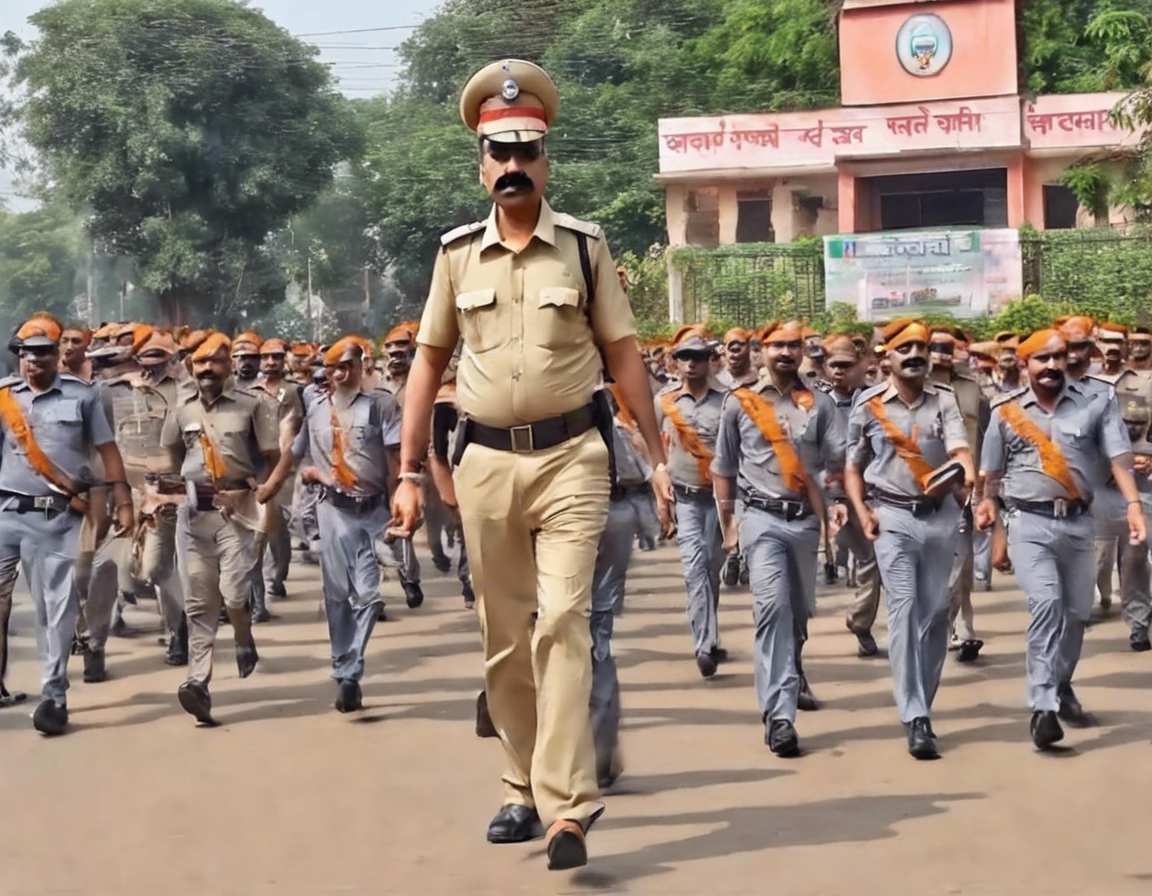As global dynamics continue to evolve, the concept of Sanyukt Rashtra Sangh or a united world organization has gained traction in diplomatic circles and among international relations experts. The idea of a unified global entity holding authority over various nations has long been a subject of speculation and debate. One of the key questions that arise in this context is – Duniya Ka Police Kon? or who is the world’s police force?
The Need for Global Governance
The increasing interconnectedness of nations through trade, technology, and shared global challenges such as climate change, terrorism, and pandemics has underscored the need for a more coordinated approach to global governance. Sanyukt Rashtra Sangh envisions a world where countries come together to address common issues collectively, rather than through individual actions that may not always be sufficient.
The Role of the United Nations
At present, the United Nations (UN) serves as the closest approximation to a global governing body, with its various agencies working on peacekeeping, humanitarian aid, human rights, and sustainable development. However, the UN’s authority is limited by the sovereignty of its member states, leading to challenges in implementing decisions that may be opposed by powerful countries.
Challenges to Global Policing
The idea of Duniya Ka Police faces several challenges, including:
1. Lack of Consensus
Different countries have varying interests and priorities, making it difficult to establish a unified global policing authority that is accepted by all.
2. Power Dynamics
Powerful nations may resist ceding authority to a global body, fearing a loss of control over their own decision-making processes.
3. Legal and Jurisdictional Issues
Determining the legal framework and jurisdiction of a global police force raises complex questions, especially regarding enforcement mechanisms and accountability.
Potential Models for Global Policing
Several models have been proposed for achieving global policing, including:
1. Strengthening the UN Security Council
Reforms to the UN Security Council, such as expanding permanent membership or changing the veto system, could enhance its ability to act as a global police force.
2. Regional Alliances
Regional organizations like the European Union or African Union could serve as building blocks for a broader global policing framework, leveraging existing structures and mechanisms.
3. Coalition of the Willing
Ad hoc coalitions of countries coming together to address specific challenges, as seen in military interventions or peacekeeping missions, could provide a flexible approach to global policing.
FAQs on Sanyukt Rashtra Sangh and Global Policing:
Q1: What is the main goal of Sanyukt Rashtra Sangh?
A1: The main goal is to promote peace, security, and cooperation among nations through a unified global governance structure.
Q2: How would a global police force be different from national law enforcement agencies?
A2: A global police force would have authority across borders and would focus on addressing transnational challenges that individual countries may not be able to tackle alone.
Q3: What are the major obstacles to establishing Sanyukt Rashtra Sangh?
A3: Sovereignty concerns, power struggles, and legal complexities are some of the main obstacles to creating a unified global governing body.
Q4: Can existing international organizations like the UN take on the role of global policing?
A4: While the UN plays a crucial role in global governance, its limitations in terms of enforcement and decision-making authority pose challenges to serving as a true global police force.
Q5: How can ordinary citizens contribute to the idea of Duniya Ka Police?
A5: By advocating for international cooperation, supporting initiatives that promote peace and security, and holding governments accountable for their actions on the global stage, individuals can play a role in advancing the concept of global policing.
In conclusion, the concept of Sanyukt Rashtra Sangh as Duniya Ka Police represents a bold vision for a more harmonious and cooperative world order. While challenges abound, the need for collective action on global issues has never been more urgent, and exploring innovative models for global policing remains a crucial task for policymakers and scholars alike.
